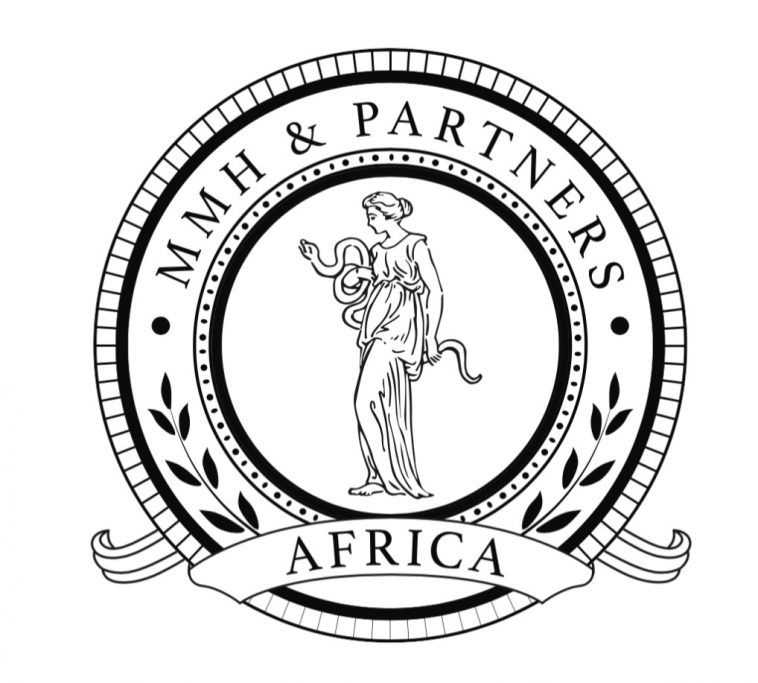Co-authored by Dr. Nicaise Ndembi, Chief Science Advisor to the Office of the Director General of the Africa CDC & Michael Mynhardt, CEO at MMH & Partners Africa
Africa, a continent of immense potential and diversity, has long grappled with complex healthcare challenges. The COVID-19 pandemic has accentuated the urgency of fortifying the continent’s healthcare infrastructure. At the heart of this transformation lies the imperative of human capital development in pharmaceutical manufacturing. The recently unveiled African Union’s Bio-manufacturing Workforce Development Workshop Report 2023 and the United Nations Economic Development in Africa Report 2023 spotlight the critical role of a skilled and adaptable workforce.
Additionally, the commitment of BRICS member states, Africa CDC, and WHO to collaborate with the business sector on pandemic prevention, preparedness, and response underscores the importance of a robust pharmaceutical industry and workforce. The Framework for Action (FFA) established by the Partnerships for African Vaccine Manufacturing (PAVM) further cements the need for strategic collaboration.
Education and Training: Nurturing the Seeds of Expertise
The journey towards a resilient pharmaceutical manufacturing sector in Africa commences with a robust education and training system. A comprehensive educational framework, spanning from primary to tertiary levels, is indispensable. Science and technology education, particularly in areas relevant to pharmaceutical manufacturing, must be prioritized. The African Union’s Bio-manufacturing Workforce Development Workshop Report emphasizes the pivotal role of partnerships between educational institutions and the pharmaceutical industry. The recent Memorandum of Understanding signed by The University Of Zambia (UNZA), the University of the Witwatersrand (South Africa), and the Saint Luke Foundation – Kilimanjaro School of Pharmacy (Tanzania) is a testament to the importance of collaboration in education and training.
The case study of the partnership between these institutions and two private sector companies, Chemical Process Technologies and Avacare, showcases the practical application of collaborative initiatives. This partnership resulted in the development of the Regional SADC Industrial Pharmacy Fellowship Programme. Such programs bridge the gap between academic knowledge and practical skills, equipping the workforce with the expertise and skills development needed for the pharmaceutical manufacturing sector.
Educational institutions and industries forge a symbiotic alliance, crucial for human capital development. Universities act as knowledge hubs, providing theoretical foundations. This collaboration, exemplified by the Regional Capability and Capacity Network, ensures practical application through internships, industry-sponsored projects, and expert insights. Graduates, equipped with a blend of academic and practical expertise, become a skilled workforce tailored to industry needs. This interlinking of academia and industry not only fosters innovation but propels holistic human capital development, laying the groundwork for a workforce adept at navigating contemporary challenges.
Cross Training and Skills Assessment: Adapting to the Evolving Landscape
Cross training emerges as a pivotal strategy in an industry as dynamic as pharmaceutical manufacturing. It not only ensures the adaptability and versatility of the workforce but also reinforces the sector’s resilience. A workforce skilled in multiple facets of pharmaceutical manufacturing can seamlessly adapt to changing roles and evolving industry standards. The commitment of BRICS member states, Africa CDC, and WHO to collaborate with the business sector on pandemic prevention and response further underscores the need for a versatile and cross-trained workforce.
Skills assessment is the compass guiding organizations in this training journey. Regular skills assessments enable organizations to identify areas where additional training or cross-training is necessary. This ensures that the workforce remains aligned with the evolving demands of the pharmaceutical manufacturing sector. The establishment of the Regional SADC Industrial Pharmacy Fellowship Programme, as highlighted in the case study, exemplifies the importance of continuous skills assessment and development.
Technology Adoption to Catalyse Innovation
In the 21st century, pharmaceutical manufacturing is inseparable from cutting-edge technology. The African Union’s Bio-manufacturing Workforce Development Workshop Report and the United Nations Economic Development in Africa Reportemphasize the critical role of technology adoption.
Africa’s pharmaceutical manufacturing sector must embrace technological innovations to enhance efficiency, quality, and compliance. The case study of the Memorandum of Understanding signed by educational institutions and private sector companies, including Intellectus Campus, exemplifies the fusion of academia and industry in advancing technology adoption. This collaborative approach ensures that the workforce is well-versed in the latest technological advancements, positioning Africa’s pharmaceutical manufacturing sector on the global stage.
Collaboration with Educational Institutions
Collaboration between the pharmaceutical manufacturing industry and educational institutions is paramount. Both reports underscore the significance of such partnerships. These collaborations can be transformative, ensuring that education and training programs align with the needs of the industry. The partnership between The University Of Zambia (UNZA), the University of the Witwatersrand (South Africa), the Saint Luke Foundation – Kilimanjaro School of Pharmacy (Tanzania), and private sector companies demonstrates how academia and industry can jointly contribute to the development of a skilled workforce. Educational institutions can tailor their curricula to match the evolving demands of the pharmaceutical manufacturing sector, providing specialized training programs and incorporating the latest technological advancements into their courses.
An African skilled labour force creates an enabling environment for research and development and product discovery of new medicines that can benefit Africa. The continent’s unique challenges and healthcare needs necessitate a workforce intimately familiar with the local context. The commitment of BRICS member states, Africa CDC, and WHO to collaborate with the business sector on pandemic prevention, preparedness, and response underscores the relevance of a skilled workforce in addressing healthcare crises. A workforce rooted in Africa’s realities is better equipped to drive research and development initiatives that address the continent’s specific healthcare challenges.





